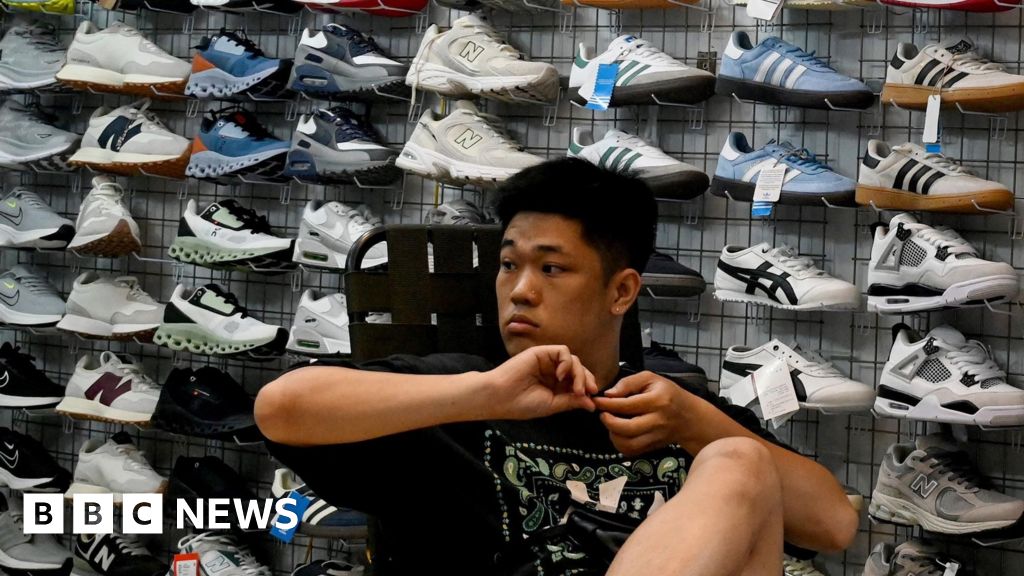Key Takeaways
- South Korea plans to lift its long-standing ban on institutional crypto investment.
- Regulators will roll out a two-phase framework starting in April.
- The decision follows a March 12 meeting between top financial regulators and industry leaders.
After years of banning institutional investors from the crypto market, South Korea is set to lift its ban , signaling a significant policy shift.
The country’s financial regulator has laid out a structured roadmap to introduce institutional investment in digital assets, aiming for a phased rollout starting in April.
The decision follows a March 12 meeting led by Financial Services Commission (FSC) Vice Chairman Kim So-young, where regulators and industry executives discussed plans to integrate institutions into the crypto sector.
South Korea’s Two-Phase Approach to Institutional Crypto Investment
The FSC plans to implement a “two-phase regulatory framework” that extends beyond existing consumer protection rules.
Vice Chairman Kim detailed the initiative during the meeting, emphasizing the inclusion of stablecoin regulations and a legal framework for tokenized securities.
Authorities are “speeding up efforts to align with global regulatory trends,” Kim said, pointing to the recent push for crypto-friendly policies in the U.S. under President Donald Trump.
The FSC’s decision comes just weeks after unveiling a roadmap for corporate crypto participation, a move that suggests South Korea is preparing to gradually open its market.
Kim stressed that institutional adoption is “about changing practices, not just laws,” calling for fair and transparent regulations to foster a more stable digital asset market.
A Shift in Crypto Policy
South Korea has historically maintained one of the world’s strictest crypto regulatory environments. While it allowed retail participation under heavy oversight, institutions remained barred from the market due to concerns over volatility and financial risks.
The country was among the first to ban initial coin offerings (ICOs) in 2018—a time when they were a dominant fundraising method—after many projects failed to deliver on their promises. Its stringent licensing process has also forced smaller players to either shut down or relocate overseas.
However, with the U.S. now positioning itself as a global leader in crypto regulation, countries like South Korea are reassessing their stance. The latest policy shift suggests that Seoul is no longer willing to be left behind as institutional adoption of digital assets accelerates worldwide.
Was this Article helpful?


















